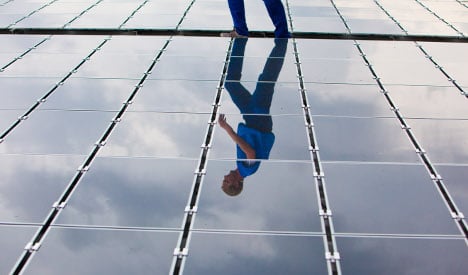Consumer online portal Verivox told daily Bild that the additional costs stem from the apportionment of renewable energy development fees that have been set too high.
The renewable energy surcharges have risen from €0.0205 to €0.035 per kilowatt hour, despite the fact that in 2010 fewer solar energy facilities were built than planned.
According to the Environment Ministry, the surcharges should have risen to just €0.027 per kilowatt hour, Bild reported.
Energy providers have passed on the higher green energy surcharges directly to consumers, with some 750 companies increasing their prices by an average of 7 percent, Verivox told the paper.
That means that an average household that used about 3,500 kilowatt hours of electricity will see their annual bill increase by some €33. With some 40 million households in the country, that adds up to unnecessary electricity payments of some €1.3 billion, Bild said.
DAPD/ka



 Please whitelist us to continue reading.
Please whitelist us to continue reading.
Member comments